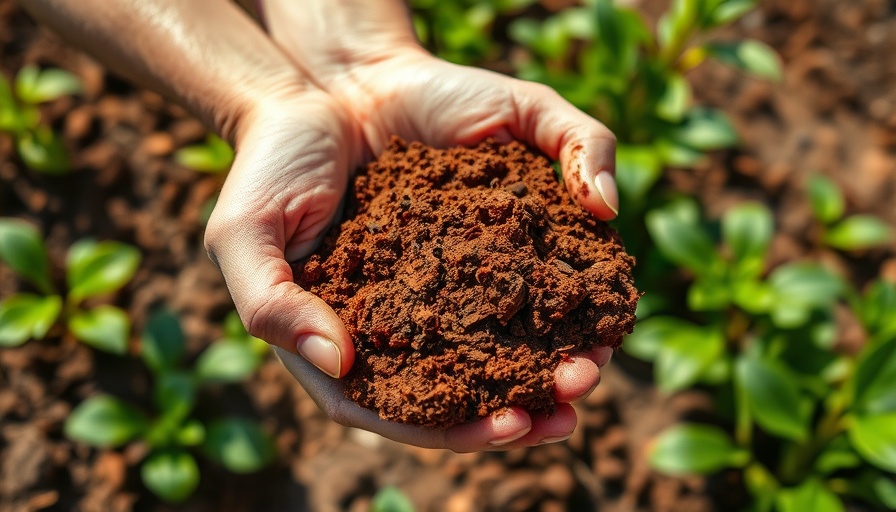
The Hidden Connection Between Climate Change and Gut Health
As climate change continues to reshape our world, it impacts not just the environment but also our health in ways we haven't yet fully understood. A growing body of research reveals a critical link between climate change and gut health, emphasizing how various environmental changes can fundamentally alter the ecosystems within our bodies. Our gut microbiome, which plays a vital role in our overall health, is sensitive to these shifts. This article delves into how human-induced climate change poses threats to our gastrointestinal systems, leading not only to digestive issues but also to broader health challenges.
The Role of the Gut Microbiome
The gut microbiome consists of trillions of microorganisms that help digest food, produce vitamins, and support the immune system. These beneficial bacteria are integral to optimal health and wellness, and disruptions to their ecosystem can lead to conditions such as obesity, diabetes, and even allergies. Climate change exacerbates issues like food security and quality, ultimately affecting what we consume and how our gut microbiota performs.
Food Security and Nutritional Quality
With changing weather patterns, agricultural outputs are being affected significantly. Shifts in temperature, precipitation, and the frequency of extreme weather events threaten the availability of fresh produce, leading to reliance on processed foods that are often low in nutritional value. This change isn’t just detrimental to our gut health; it can cause long-term repercussions on community health and wellness.
Consider, for instance, the rise of the so-called 'food deserts'—areas where access to fresh produce is scarce. This has been observed in cities like San Antonio, where community initiatives have emerged to combat the obesity epidemic exacerbated by inadequate access to healthy foods. Understanding these dynamics is crucial as we seek to maintain our health amidst environmental changes.
Is Gut Health Compromised by Heatwaves and Other Climate Events?
Extreme weather events not only affect food supply but can also impact human health directly. Heatwaves are linked to higher instances of foodborne illnesses due to increased bacteria growth in food products. Reports suggest that climate change is intensifying the frequency and duration of these heatwaves, thereby increasing the risk of gastrointestinal diseases. Organizations promoting health and wellness, such as local health centers, are starting to promote awareness on how these environmental factors can lead to rampant digestion-related complaints.
Practical Tips for Supporting Gut Health
Staying proactive about gut health can be your best defense against these climate-related issues. Here are a few practical steps:
- Embrace Diverse Diets: Incorporate a variety of fruits, vegetables, whole grains, and fermented foods, which are essential for nurturing a healthy gut microbiome.
- Stay Hydrated: Water plays a critical role in digestion and absorption; ensure you are drinking an adequate amount every day.
- Limit Processed Foods: Reduce reliance on processed foods that adversely affect gut health and opt for natural foods whenever possible.
Looking Ahead: How to Build Resilience
Our understanding of health is evolving, and it’s crucial to consider how environmental factors play a role in our well-being. Individuals can take action by becoming involved in community health and wellness programs that emphasize sustainable eating practices and support local farms. Urban initiatives have shown success in enhancing food accessibility, contributing positively to gut health.
As we navigate the complexities of climate change, it’s essential to recognize that our personal health is intertwined with the health of our planet. Making conscious choices can lead to a healthier future for ourselves and generations to come.
Take Charge of Your Health
Climate and health are connected in intricate ways that require a collective awareness and responsive measures. By prioritizing a sustainable, nutritious diet and advocating for community health initiatives, individuals can help mitigate the adverse effects of climate change on gut health. Join local health and wellness events to stay informed and engaged!
 Add Row
Add Row  Add
Add 




 Add Row
Add Row  Add
Add 


Write A Comment